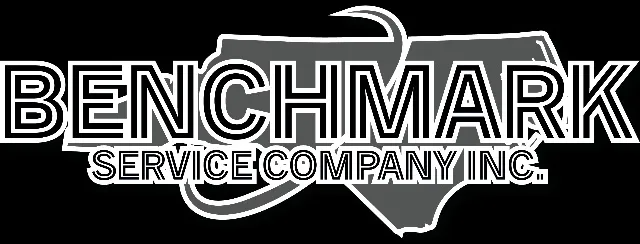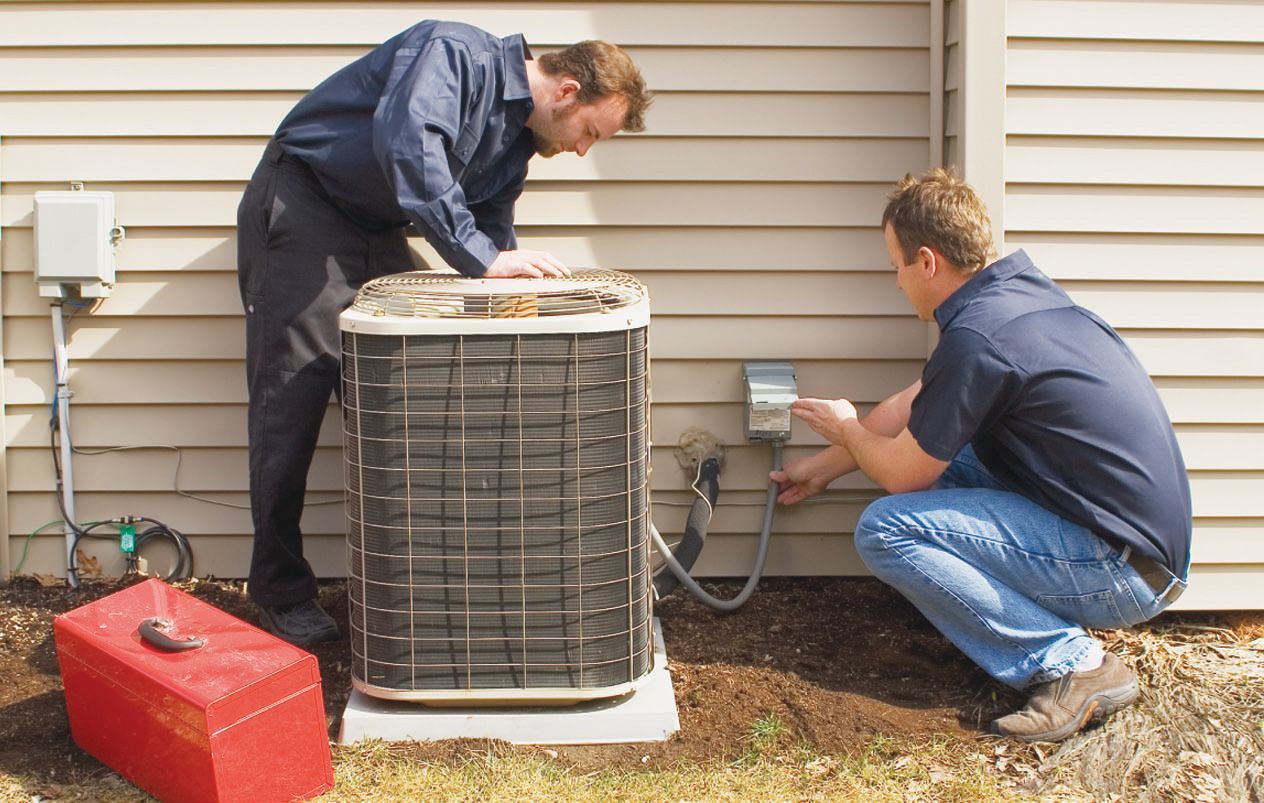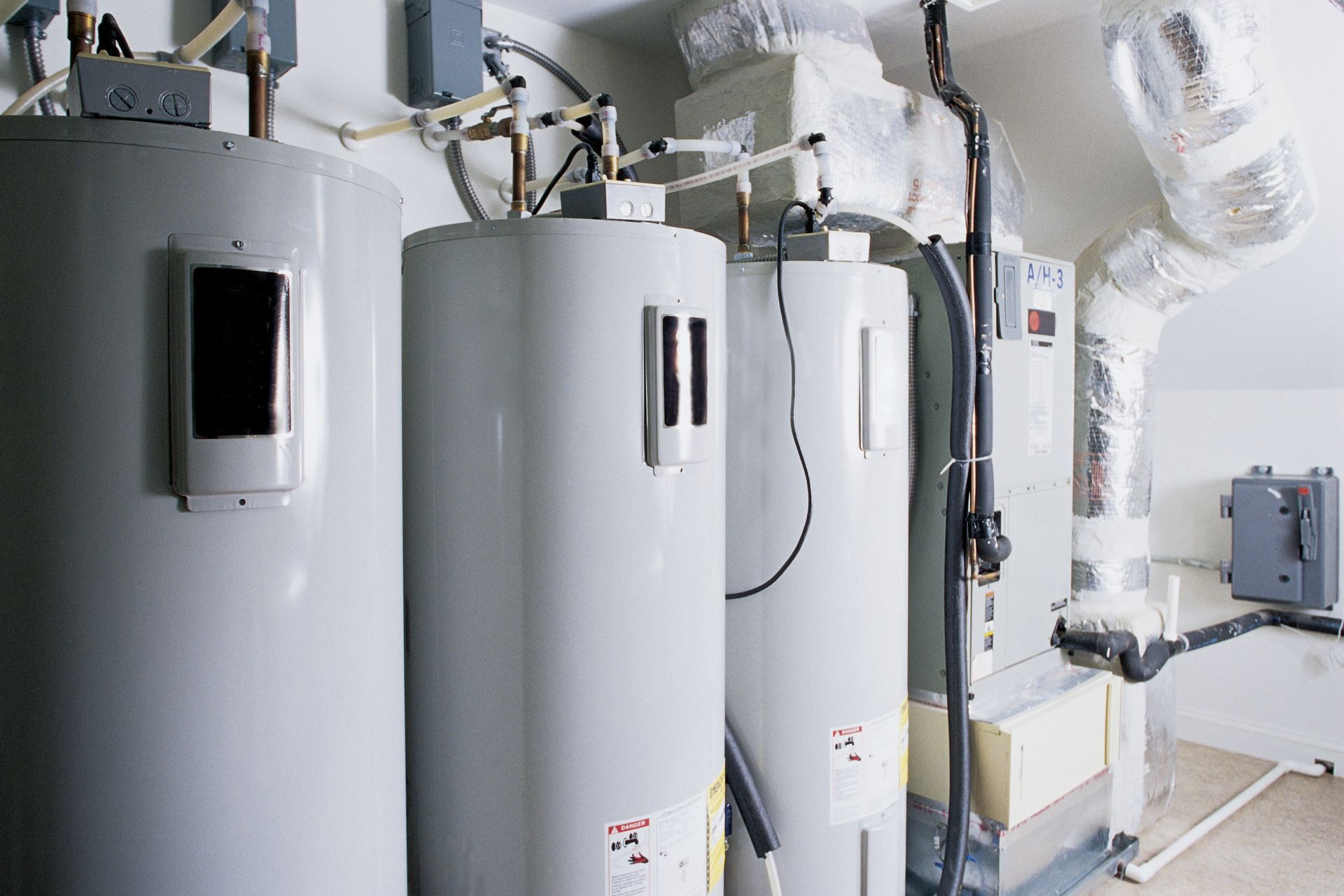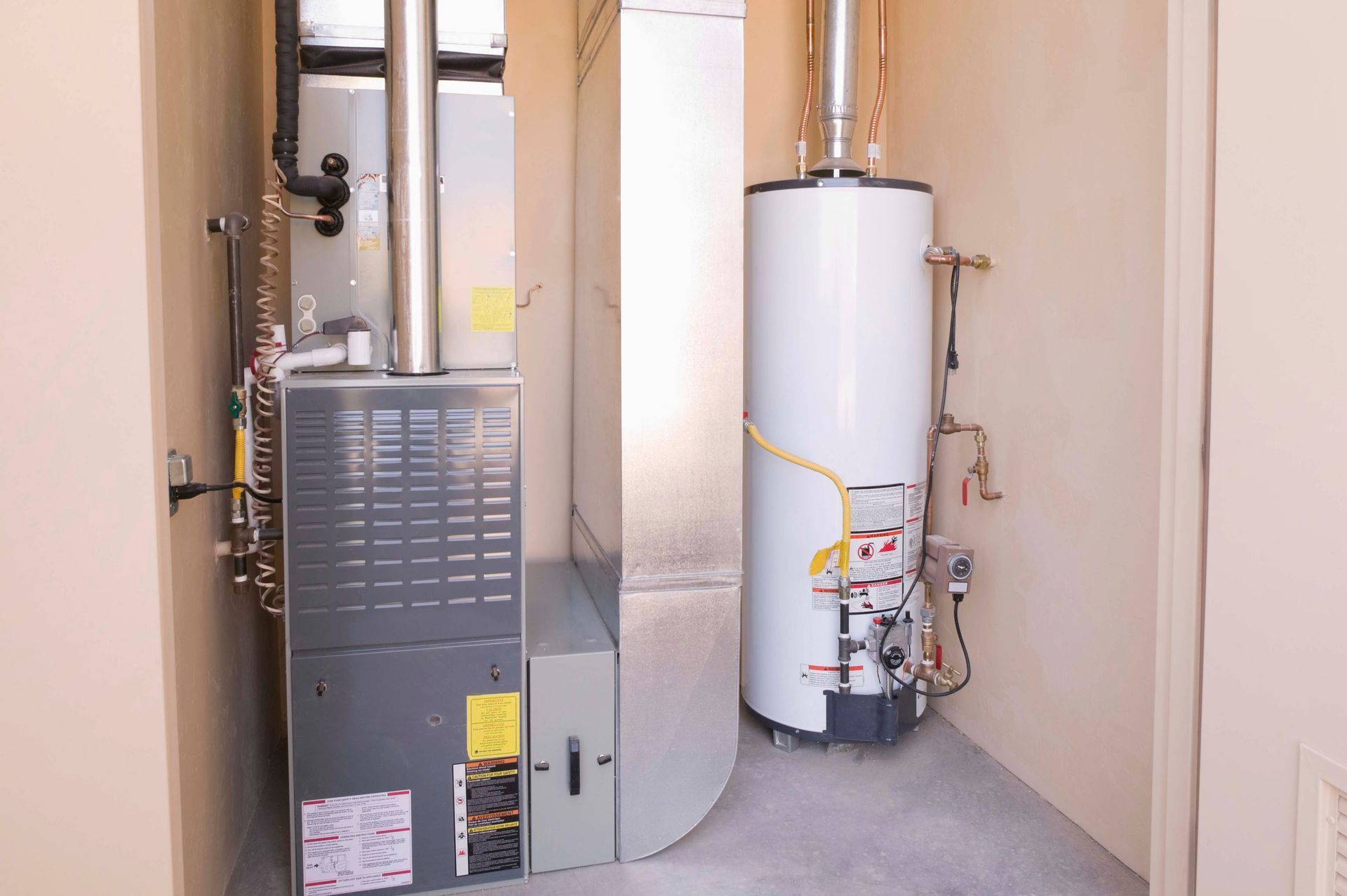September 26, 2025
5 Signs You Need Heating Repairs Before Winter Hits
The cold months are quickly approaching, and ensuring that your heating system is in top condition is essential. Identifying potential issues before winter hits can save you from discomfort and potentially costly heating repairs. This article will examine the key indicators that suggest your heating system requires attention. Our heating systems work tirelessly to provide comfort during the chillier months, but often, we fail to recognize the signs that signal they need TLC. By familiarizing oneself with the common indicators of heating troubles and address them promptly and avoid unexpected breakdowns.



